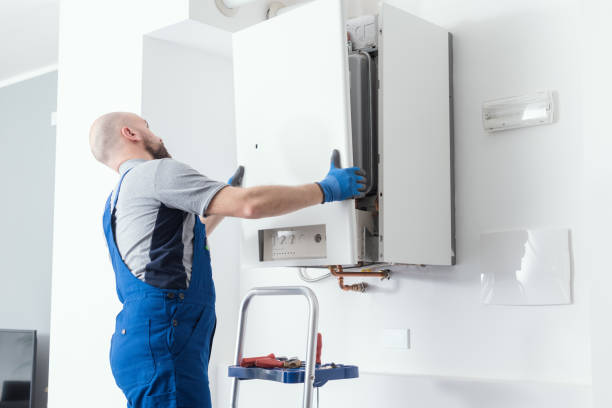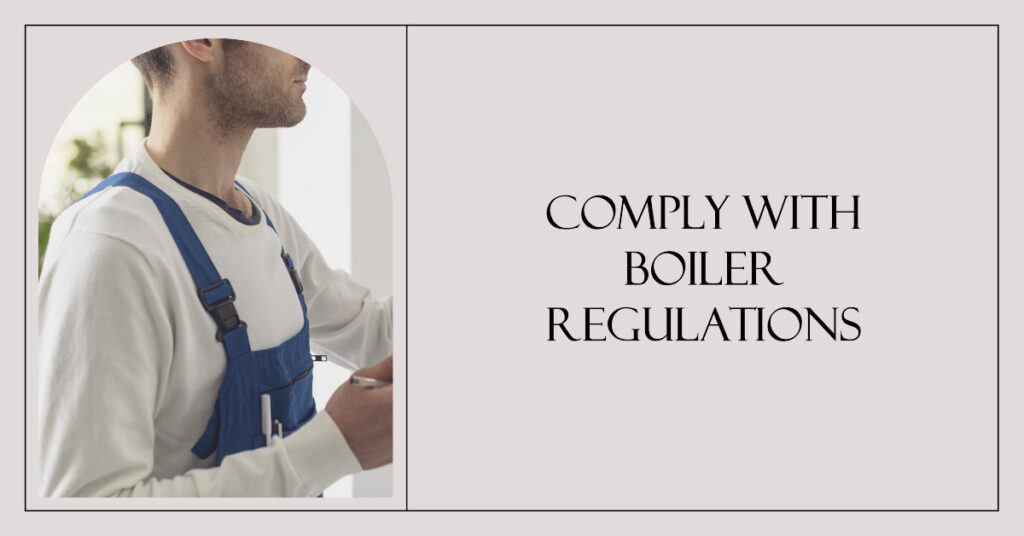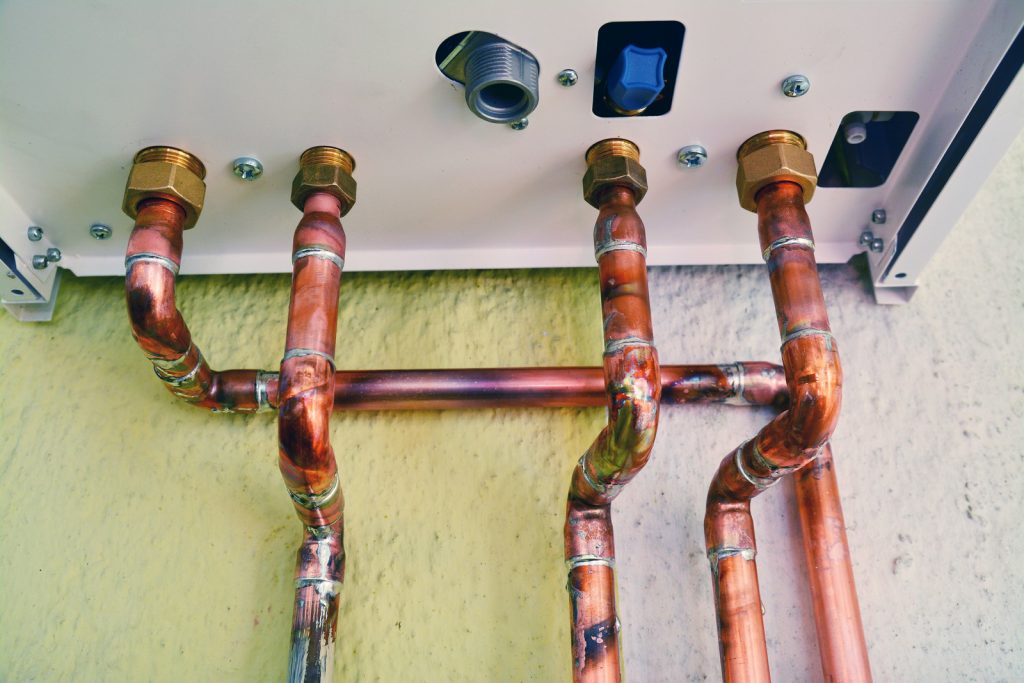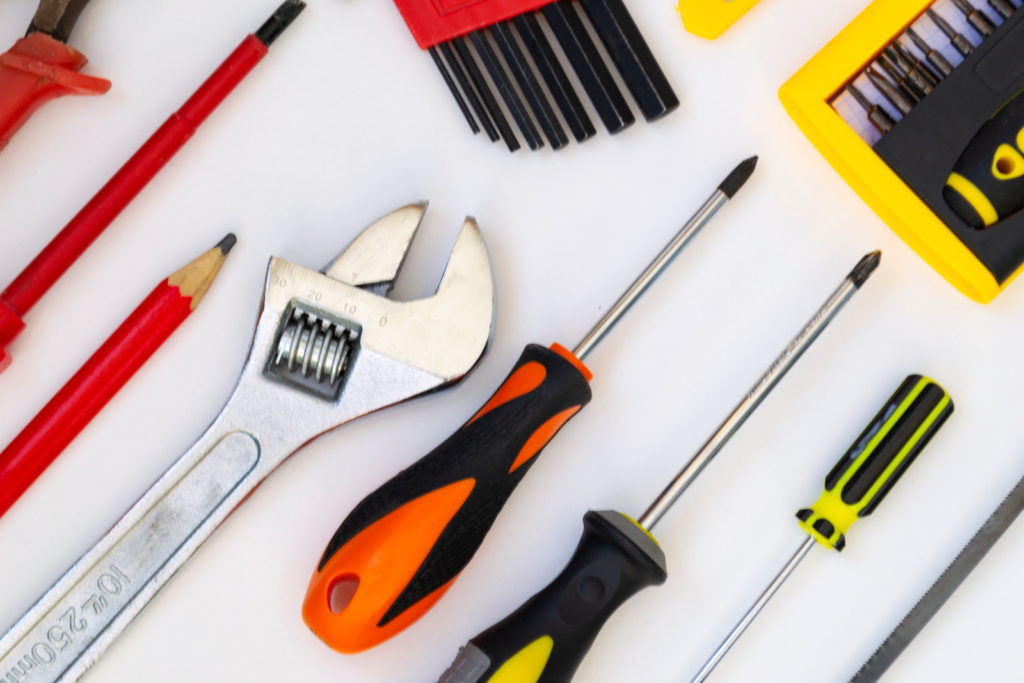
If you’re a UK homeowner looking to install a new boiler, it’s important to stay up-to-date with the latest regulations. The new boiler installation regulations have recently been updated, and it’s crucial to comply with them to ensure your safety and avoid any potential legal issues.
In this article, we provide a guide for homeowners to help you navigate the new regulations and make informed decisions when it comes to your boiler installation. Read on to learn more about the key requirements and best practices for compliance with the latest boiler installation regulations in the UK.
Boiler Plus Regulations: How To Be Compliant (Explained)
Key Building Regulations for Boiler Installations
Here are some key details on specific building regulations and compliance certificate requirements for boiler installations in the UK that could be added:
- The Building Regulations require that all new boiler installations are carried out by registered Gas Safe engineers who must notify the local authority within 30 days of completing the installation.
- Boilers must meet certain efficiency standards – gas boilers must have a minimum efficiency of 86% and oil boilers at least 85% efficiency. This is outlined in the revised Approved Document L.
- Approved Document J covers standards for hearths, flues, air supplies and more that must be followed during installation.
- Gas Safe registered engineers must follow defined competency requirements to legally install gas boilers. Different rules apply for solid fuel or oil boiler installers.
- After notification, homeowners should receive a Building Regulations Compliance Certificate within 10-15 working days as proof of compliant installation.
- These certificates are required when selling/remortgaging a home. Lack of certificate can invalidate buildings insurance.
The problem with buying a new boiler is that the cost doesn’t end there. It needs to be fitted and connected up to the pipework in the house, and depending on what kind of changes are involved, the installation cost could add between £600 and £1600 in addition to the boiler.
This leaves some people, who may be handy with the tools, to think about trying to install a boiler themselves. After all, it just needs to be connected to the pipes right? Well, there’s more to it than that. If not fitted properly and tested, the consequences can be fatal. Here, we look at the main boiler installation regulations.
New Boiler Installation: A Guide to How It’s Done
Who can install a boiler?
A gas boiler can only be fitted by a gas safe registered engineer with a valid certificate and card. Water pipes and radiators can be fitted by a plumber but not work related to gas including the gas pipe and boiler. It is illegal to install a boiler if you are not qualified to do so.

How to comply with regulations and get proper certification as a homeowner
- Research and hire a Gas Safe registered engineer to handle the installation. Confirm they are licensed for the type of boiler being installed.
- Verify the engineer’s Gas Safe ID card is valid and check their credentials on the Gas Safe Register website.
- Ensure the new boiler meets efficiency requirements – don’t install anything under 86% efficient for gas or 85% for oil.
- Discuss with your engineer where the new boiler will be located. There are rules about proximity to windows, doors, boundaries, etc.
- Request a Building Regulations Compliance Certificate from your engineer after they notify the local council of the completed install.
- Keep the certificate safe once received as you’ll need it if selling or remortgaging the home in the future.
- If you don’t receive a certificate within 15 working days, contact your engineer and request they notify the council again.
- If still no certificate, contact the Gas Safe Register or your local authority building control department

There are different qualifications of gas engineers so the one installing your boiler has to be qualified to do so. This can all be checked on the ID card they should carry. Even checking a gas boiler for safety cannot be done by just anyone, even if they used to be qualified but their certification has run out.
But there are other things to think about too.
Check the engineer is on the Gas Safe register
Gas appliances need to be properly fitted, repaired and maintained by competent and registered engineers. The gas safe register will confirm whether an engineer is on the list or which registered engineers are in your area. It will also confirm what type of gas work they are qualified to do as you need different certificates for each one.
Check the register here.
Boiler not registered with gas safe
The gas engineer installing a new boiler should notify the local authority within 30 days of the install. Most will do it within a couple of days via the gas safe register engineer’s website. You should check with the installer they have done this. The local authority then issues a building regulations compliance certificate.
If the registration hasn’t been done at all and the installer can’t or won’t do it, you can contact another company to check and notify the boiler for you. It’s important the boiler is registered because if you come to sell your house, you will need to provide a copy of the certificate to the new owner.
Why you shouldn’t install a boiler yourself
A few reasons why you shouldn’t install a boiler yourself: If you are not gas safe registered, you are not allowed to install a gas boiler; It will be difficult to get a building regulations compliance certificate; your boiler warranty could be invalidated; It could end up costing you more if things go wrong with the installation.
Why building regulations for boiler installations are important for safety
- Regulations ensure boilers are properly fitted by qualified engineers to avoid gas leaks, explosions, carbon monoxide poisoning, and fires. Shoddy installs put homeowners at great risk.
- Rules on boiler and flue positioning minimize chances of flue gases entering the home and endangering occupants.
- Requiring efficiency standards makes systems safer by ensuring complete combustion and reducing risk of carbon monoxide.
- Proper ventilation, chimney/flue rules prevent deadly build up of gases inside the home.
- Oversight and certification provides quality assurance for homeowners. If issues arise, regulations facilitate accountability.
- Notification allows authorities to inspect installs and enforce corrections of unsafe work. Saves lives through prevention.
- Compliance ensures property insurance remains valid. Non-compliance could mean no payout in the event of a boiler-related fire or problem.
- Adherence to building regulations maintains property value, marketability, and financing options when selling or remortgaging.
Penalties for illegal gas work
Due to the serious nature of the industry, gas appliances that are not properly installed carry a very real risk of fire, carbon monoxide poisoning, gas leaks and explosions. So the penalties for proven illegal gas work are also heavy, especially if you are advertising your services. These include fines, community service orders and even prison sentences.
Non-compliance with boiler installation regulations can lead to very serious penalties. For instance, an engineer found to be illegally installing or servicing gas appliances faces potential criminal prosecution. Depending on circumstances, this could mean hefty fines or even prison time as punishment. Uncertified or unregistered technicians who engage in gas work despite lacking qualifications may face prosecution as well.
Beyond legal repercussions for installers, failing to comply with regulations also carries major risks for homeowners. Lack of proper certification can cause major headaches when trying to sell or remortgage a home.
Most lenders will ask for a Building Regulations Compliance Certificate for any new boiler – inability to provide this makes securing financing difficult. There is also a good chance property insurance will be invalidated without proper documentation of compliant installation.
This could mean uncovered losses if the boiler causes substantial home damage. Plus, buying insurance again could be challenging. Overall, flouting requirements puts owners in legal limbo and leads to issues trying to sell or borrow against their home.
Can a plumber install a boiler?
Even though a boiler’s job is heating water and plumbers deal with water pipes every day, they are not legally allowed to work within a gas boiler, whether to install or service, unless they are qualified as gas safe to do so. Some plumbers are qualified and this can be checked on the gas safe register.

Plumbers will still work on the central heating system water pipes and radiators but when it comes to working on the final water connection to the boiler and the boiler itself, they need to be suitably qualified.
If you are looking for a new boiler and want to pay it off in instalments, Warmzilla may be just the company for you. Click here to find out why we recommend them.
*The information in this article should be used for general guidance only and not as financial advice. Full details are on the link in the footer to our disclaimer page. Always discuss your requirements with a competent and suitably qualified professional before undertaking any work.
